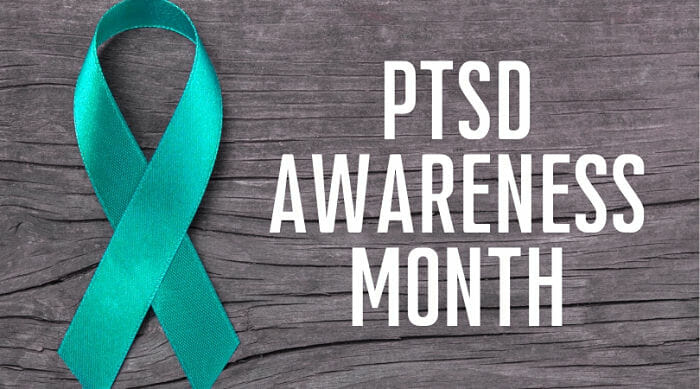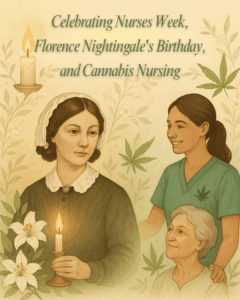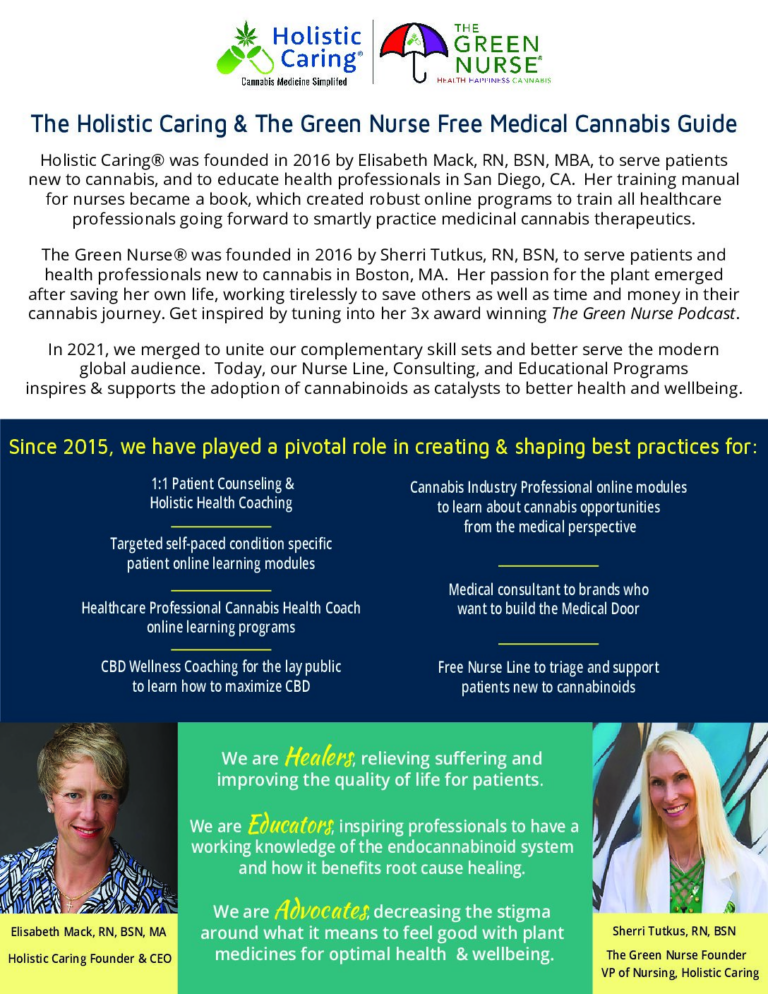Hello June! This month draws recognition and awareness to PTSD, or post-traumatic stress disorder – especially in Veterans. People with PTSD feel a heightened sense of danger or doom with an exaggerated response to stress, even when they’re safe. Our fight or flight response is necessary to keep us alive in the event of an attack, but what happens when it doesn’t turn off? Symptoms of avoidance and arousal make it difficult to concentrate or stay present, leading to irritability and an urge to escape. Intrusive memories and flashbacks create triggers of anger, doubt, and negative feelings about self and others. PTSD causes anxiety and depression and left untreated leads to approximately 22 suicides a day in veterans and vulnerable populations. Many feel like every day is groundhog day, with no cure or relief in sight.
Biological and structural changes occur in those who suffer from PTSD. Neuroinflammation in the brain leads to shrinkage in the hippocampus and amygdala causing memory impairment, hypervigilance, and neurotransmitter imbalances. This sets off a cascade of negative effects to the immune, endocrine, digestive, and cardiovascular systems causing distress and disease. Conventional treatments include cognitive behavioral therapy, desensitization, and cocktails of antidepressants, benzodiazepines, antipsychotics, and hypnotics. Pharmaceuticals’ side effects of sedation, confusion, GI upset, dizziness, headaches, dry mouth, etc. cause compliance issues, but getting off these drugs is so difficult that many people remain on them for decades.
Research into the ECS shows that CB1 activation in the amygdala blocks reconsolidation of aversive memories, preventing triggers from sounding the alarm. Activating CB1 receptors in the prefrontal cortex modulates rational information processing and enhances serotonin transmission causing antidepressant effects. Preclinical research show CB1 activation reduces fear-related behavior in rats lowering the stress response. Enhanced expression of CB1 receptors in PTSD demonstrates a ‘seeking’ of endocannabinoids to create balance, but deficient production of anandamide caused by stress, toxins, and poor diet create a cycle of imbalance.
Can nourishing the endocannabinoid system (ECS) be a solution? THC is a direct agonist of CB1, and CBD helps us make more Anandamide, our own endocannabinoid. Like a lock and key reaction, balance can be restored to the ECS, the switchboard of communication in the body. With more CB1 receptors in the brain than any other, there are many targets to reduce stress. Reducing stress not only improves functioning in life, it also reduces inflammation throughout the body lessening metabolic and cardiovascular disease, and the risk of cancer. Cannabinoid receptors are found on cell membranes in almost every cell in your body, promoting balance or homeostasis systemically can be quite efficient.
Schedule 1 restrictions banned human trials for 50 years, but the first randomized double-blind placebo-controlled trial showed safety and efficacy with herbal preparations of THC and CBD. Veterans found a reduction in PTSD symptoms by self-managing doses of cannabinoids without the plethora of side effects or worsening of symptoms. Cannabinoid supplements can give the mind, body, and spirit a break, allowing emotions to soften and opening the heart. Providing space to connect with others, ask for help, and express deeper feelings is the goal of healing.
COVID has heightened PTSD symptoms in our world, and health promotion with cannabinoids has never been more important. With limited healthcare resources, our mechanisms of self-care are critical. Cannabis is a shortcut to work through pain, trauma, and uncertainty…becoming much more flexible, adaptive, and free. Using cannabis to stop the negativity and think of better options allows us to develop a deep trust in ourselves and to take a broader perspective. Self-love and compassion inspire us to be more empathetic and improves relationships. Processing more evenly, we can keep resetting, adjusting, and healing from PTSD. If we all take this path, we will find better physical, mental, and spiritual health – for ourselves and our planet.
Holistic Caring has launched our newest self-paced healing program on Mental Health! We’re offering a 20% discount on any of our programs in June with coupon code EM20. We want to help you or a loved one back to wholeness, so click here to explore our programs today.
In health,
Elisabeth Mack & the Holistic Caring Team
PS: To preview our professional and patient programs on our online course platform, please join our network forum, The Holistic Caring Network.
Events:
- Holistic Caring Public Webinar – 6/9, 12 pm PST
- Holistic Caring Affiliate Training – 6/23, 12 pm PST
- Holistic Caring Mastermind for Cannabis Health Coaches – 6/24, 3 pm PST









